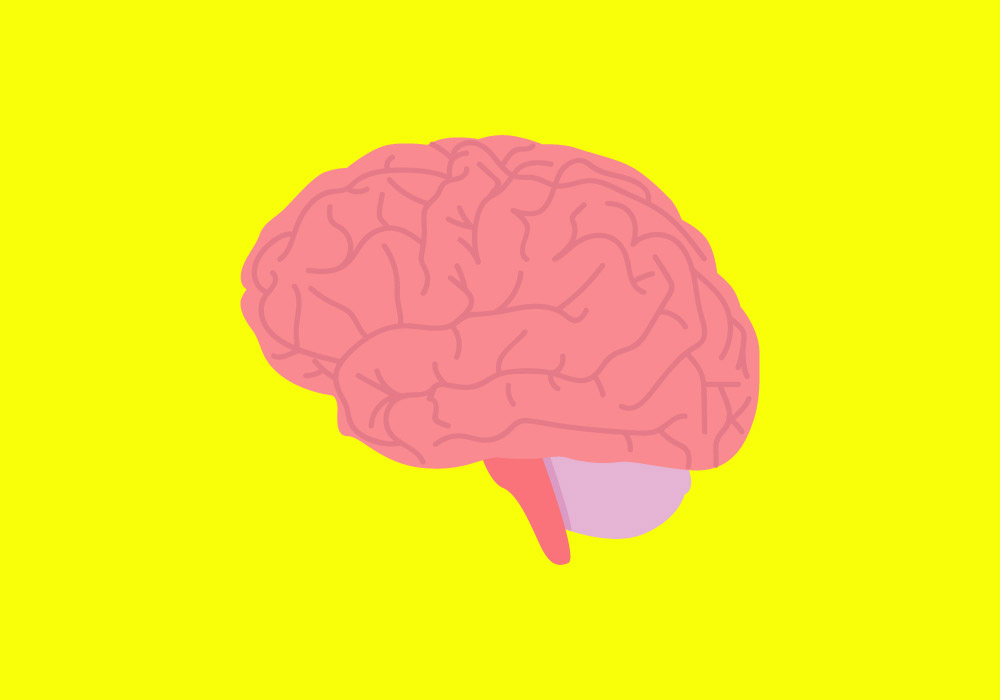
Only in the past two decades has depression in children been taken seriously. Now, it’s becoming clear that kids as young as three can have major depression. That’s due largely to the work of Dr. Joan Luby, the director of the Early Emotional Development Program at the Washington University School of Medicine in St. Louis, who is credited with spurring the small but growing body of evidence that preschoolers can experience depression and be successfully treated.
“Nobody believed preschoolers could get depressed,” says Luby. “People generally assumed children under the age of six were too developmentally immature to experience the core emotions of depression. I am not sure the zeitgeist has changed as dramatically is it probably should, given the data that’s available.”
On Wednesday, Luby added to that data with her most recent study on how depression among preschoolers creates unique changes in the brain that remain as children age. In the study published in JAMA Psychiatry, Luby and her colleagues discovered that depression in preschool results in changes in cortical gray matter development in the brain, which is important for emotion regulation.
The researchers looked at a group of 193 children ages three to six: 90 of whom had a diagnosis of major depressive disorder. The children were followed for 11 years and underwent brain scans.
MORE: 29% Of Young Doctors Are Depressed
Brain imaging showed that the children with depression lost more volume and thickness of their cortical gray matter as time went on than the kids without depression, which Luby says underscores the importance of paying attention to early mood disturbances and depressive symptoms. “The early experience of depressive symptoms was the factor that predicted the alteration in gray matter development, even when we controlled for other things that predict that development, like socio-economic status,” says Luby.
The latest findings fall in line with Luby’s prior work in the area of depression in children. In a 2014 study in the American Journal of Psychiatry, Luby showed that out of 246 kids ages 3 to 5 who were followed for six years, those who were depressed in preschool were more than twice as likely to exhibit symptoms of depression later in childhood. The symptoms lasted into middle school as well. Her findings suggested that depression is not a phase kids simply grow out of.
“For decades we have conceptualized the brain as something that is genetically predetermined to develop in a certain way,” says Luby. “That’s still the truth, but what we’re understanding from research is that early experience also has a material impact on how the brain grows. That’s important, because these are things we can control.”
MORE: New Study Finds The Risk Of Autism From Antidepressants Is Very Small
While the evidence that depression may have roots in early childhood has become more established and accepted through the years, it’s still unclear how parents and schools can identify children at risk for depression—and what they should do when they find them. “The availability of appropriate treatments is still highly problematic,” says Luby. “There has not been enough research into how to effectively treat the disorder, and the types of psychosocial parent-child therapies that are generally used for younger children are not broadly available.”
That’s why Luby is continuing to study a treatment she developed for preschools called Parent Child Interaction Therapy—Emotion Development (PCIT-ED). PCIT was originally developed by another researcher to help parents deal with young children with behavioral problems, but Luby and her team have adapted it to treat depression. The therapy involves both children and their parents and tries to improve their relationship and helps kids better manage their emotions. Luby is currently in the process of testing the treatment in a randomized control trial, which will ultimately include 250 depressed preschoolers and their caregivers.
More Must-Reads From TIME
- Dua Lipa Manifested All of This
- Exclusive: Google Workers Revolt Over $1.2 Billion Contract With Israel
- Stop Looking for Your Forever Home
- The Sympathizer Counters 50 Years of Hollywood Vietnam War Narratives
- The Bliss of Seeing the Eclipse From Cleveland
- Hormonal Birth Control Doesn’t Deserve Its Bad Reputation
- The Best TV Shows to Watch on Peacock
- Want Weekly Recs on What to Watch, Read, and More? Sign Up for Worth Your Time
Contact us at letters@time.com